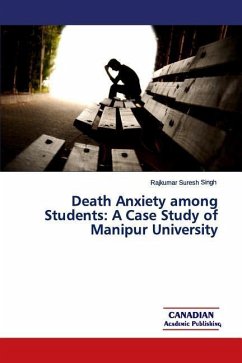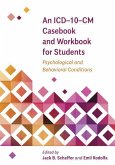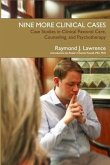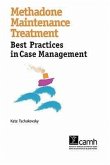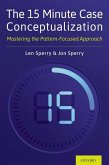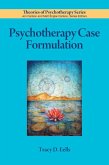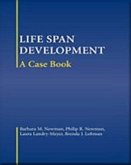It has been the practice to treat death anxiety as a uniform or single entity, without recognizing the underlying typology. The importance of refining that concept comes from clinical findings that different types of traumatic events lead to different forms of death anxiety, each of which is experienced and responded to by humans in a distinctive manner. These responses are both conscious and unconscious i.e. within or outside direct awareness. The former are generally well known and these include traumatic and post-traumatic stress syndromes and responses to cancer and other types of grave illness. But it is not generally appreciated that death anxiety is prompted by every type of traumatic event and that it can register and operate entirely outside of awareness. The effects, nonetheless, are powerful and often devastating, and always include a tightening of communication defenses in an effect to obliterate the conscious recognition of the various ways that a given trauma is imparting on the individual and the extent to which death-related anxieties have been activated. Death anxiety refers to the fear and apprehension of one's own death. It is the neurotic fear of loss of the self which in intense state parallels feelings of helplessness and depression. Man's awareness of his own death produces anxiety that can only be dealt with by recognizing one's individuality. Man's awareness of death gives him the responsibility of finding meaning in life.
Hinweis: Dieser Artikel kann nur an eine deutsche Lieferadresse ausgeliefert werden.
Hinweis: Dieser Artikel kann nur an eine deutsche Lieferadresse ausgeliefert werden.

